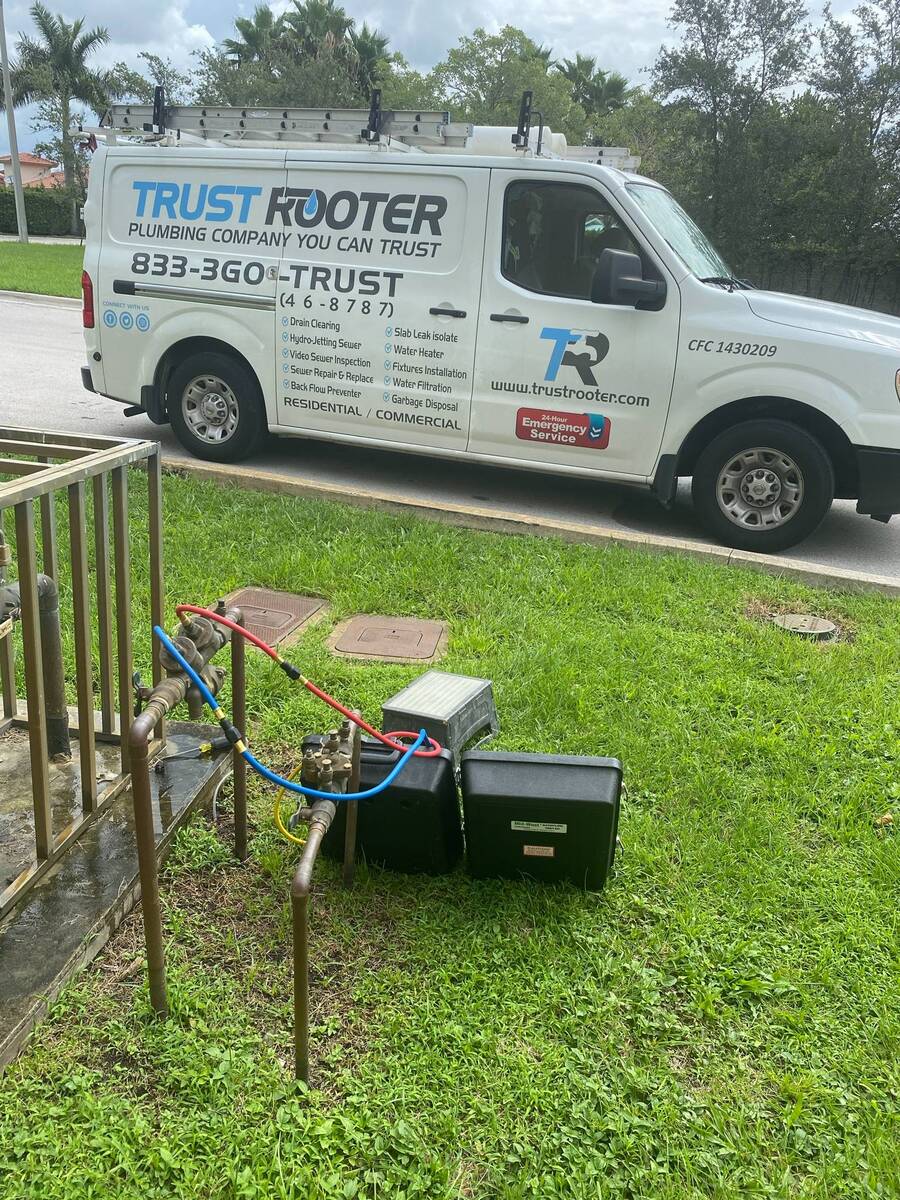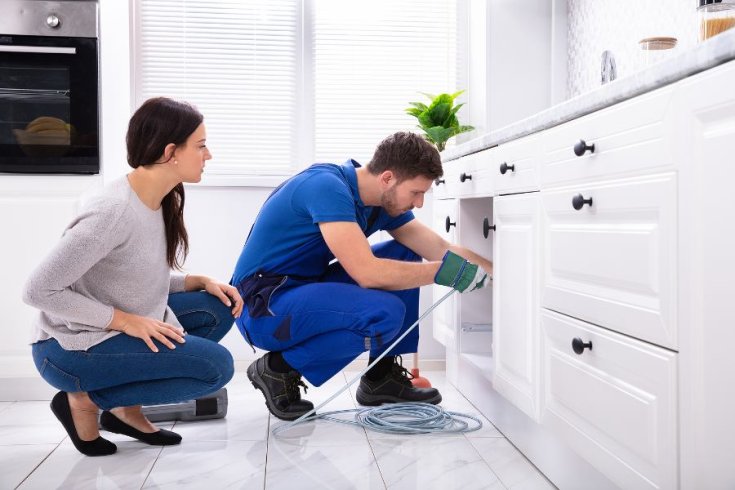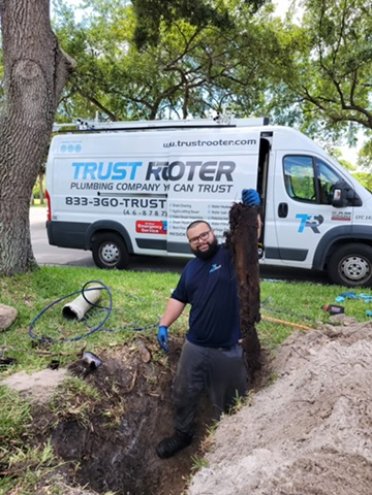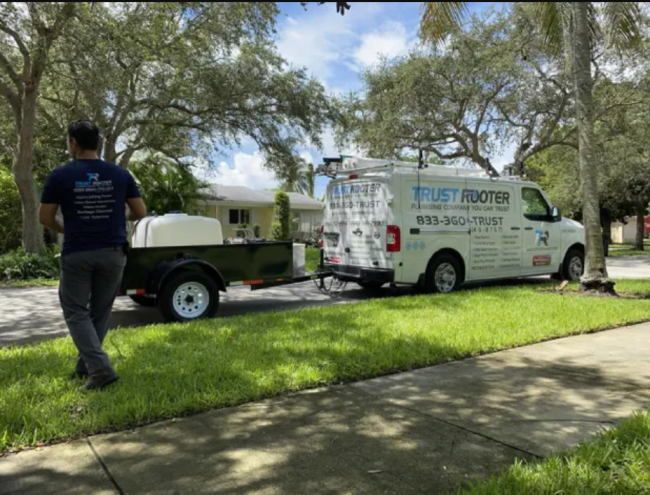A Beginner’s Guide to Backflow Testing
Backflow testing is an important part of ensuring your drinking water does not get contaminated by dirty water infiltrating the water supply. During a backflow test, a qualified plumbing service inspects backflow prevention devices to ensure they’re working properly.
Trust Rooter is a full-service plumbing company that offers backflow testing, backflow preventer repair, and installation services. In this post, we will explain everything you need to know about backflow testing.
What Is Backflow Testing?
As the name suggests, backflow testing involves examining backflow preventers to ensure they’re working properly. In other words, it ensures backflow prevention devices are working properly to protect your drinking water. If there’s a backflow, untreated or contaminated water can enter clean water lines. For this reason, backflow testing ensures the water you use for drinking, food preparation, and showering is safe.
How Is Backflow Testing Done?
A qualified and experienced plumber performs backflow testing by shutting off the water supply to the area or device being tested. Secondly, the plumber will release any pressure in the system by opening a nearby valve or faucet to prevent water from spraying or causing damage during the test. They then conduct a series of tests to assess the performance of the backflow prevention device. These tests may include checking for leaks, assessing the pressure, and measuring the device's ability to prevent the reverse flow of water. If the backflow prevention device fails any part of the test, the plumber may need to make adjustments or perform necessary repairs to ensure it functions correctly. After successful testing, the results are documented.
The Importance Of Backflow Testing
- Ensures Device Functionality: Backflow testing verifies the proper operation of backflow prevention devices within a plumbing system. It confirms that these crucial components are functioning as intended to prevent the reverse flow of contaminants.
- Ensures Safe Drinking Water: This process helps to maintain the integrity of backflow prevention devices, thereby safeguarding the drinking water supply. It prevents the contamination of potable water with pollutants or hazardous substances, ensuring water safety.
- Avoids Damage To Your Home: Backflow incidents can lead to costly damage to your home's structural components and appliances. Testing helps prevent backflow, which can result in damage to walls, flooring, furnishings, and more.
- Maintain Your Peace Of Mind: Knowing that your plumbing system is equipped with functioning backflow prevention devices and that regular testing is in place provides peace of mind. It ensures the health and safety of your household and complies with local water regulations.
Why Hire A Professional Plumber To Do Backflow Testing
Backflow testing is a job that should be left to a trusted and experienced plumber. A skilled plumber has the knowledge, expertise, and the necessary tools to assess the performance of backflow prevention devices. Moreover, plumbers are well-versed in local plumbing codes and regulations. They ensure that your backflow prevention system meets all legal requirements, helping you avoid potential fines and compliance issues.
If you’re looking for skilled and experienced plumbers to conduct backflow testing in your home or business, reach out to the team at Trust Rooter.



 Oct 05,2023
Oct 05,2023


